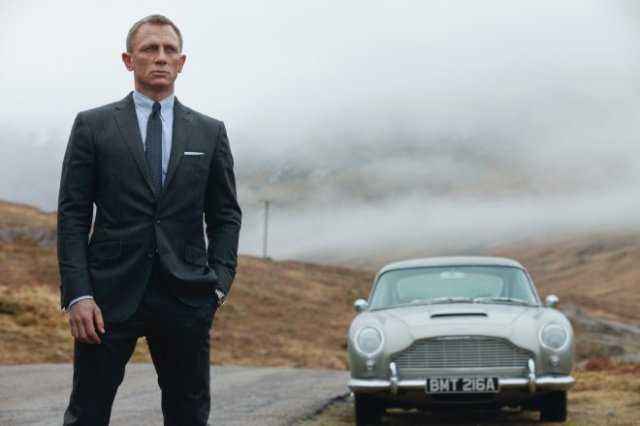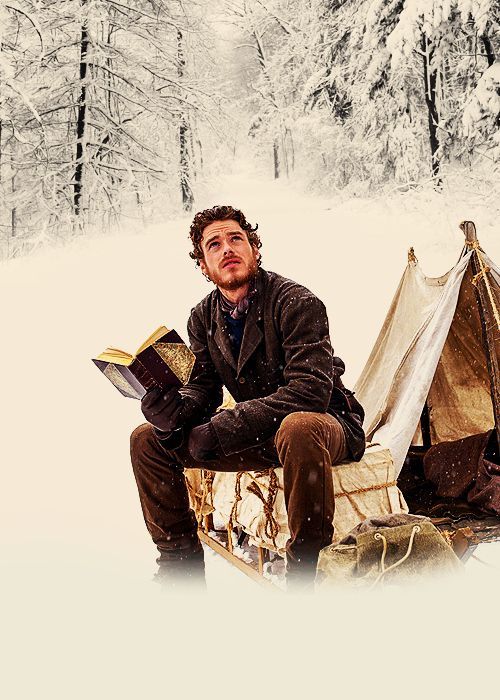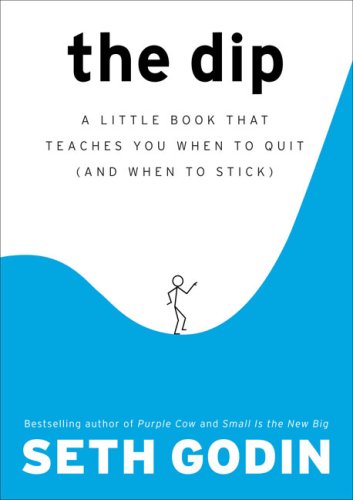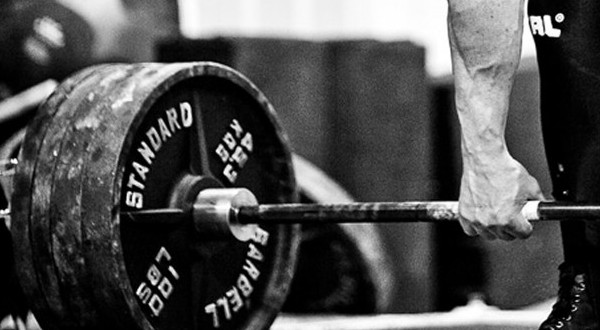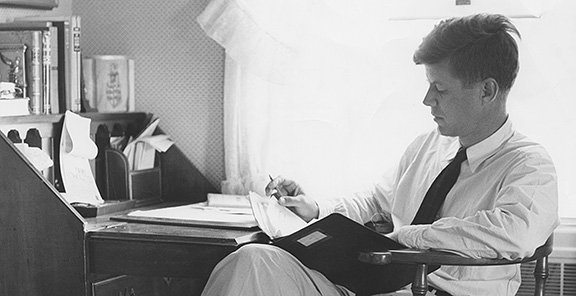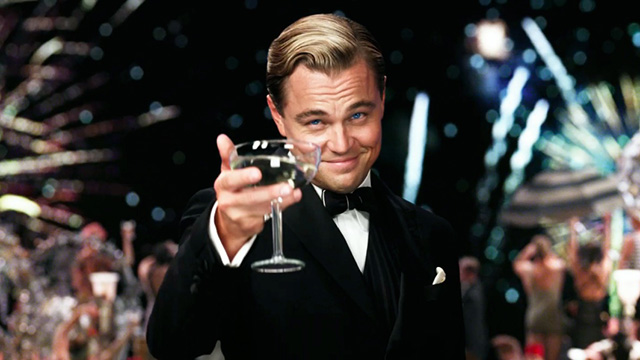
Each year of my life comes with important lessons. I’ve been inspired by many books, movies, blogs, podcasts, music and people. I’m fortunate to had the chance to assimilate all that knowledge. It was without a doubt a great year of education. I’m already looking toward 2015 in great anticipation. Here his a bunch of things I learned during the year. Have a great read! And by the way, happy New Year!
[1] From I Will Teach You to be Rich, I learned that being rich isn’t the same for everyone. I have my definition and your’s is probably different. I’m more into a life rich in time doing things I love. I want rich quality time with my friends and family. I want to travel the world. I’m not into luxurious car, huge house or 10 000$ watches. The idea is simple, spend money according to your priorities. If you don’t care about clothes, don’t buy 200$ jeans, it won’t make you happier.
[2] I learned great lessons from James Altucher. The first one was to write 10 ideas a day. The second one was to use gratitude about negative stuff in my life. I’ve talked about these two things in Foundation.
[3] In War of Art I’ve learned about Resistance. It’s part of everything in my life. If I don’t fight it, I will collapse. Resistance comes in many forms like fear of failure, anxiety or procrastination. I must be aware of it everyday of my life. Otherwise, I won’t do my work.
[4] In 2014 I’ve learned about economic history. It was a bit outside of my comfort zone. I’ve in The Great Crash that the crisis of 2008 was nothing compared to what happened in 1929. In 1938, the unemployment was still at 20%. People never saw it coming, in fact the 20s were an era of prosperity. What made 1929 was a unique set of events that couldn’t repeat itself today.
[5] I learned in The Millionaire Fastlane that time is the most precious asset, far more than money. The older I get the more I understand that. I see that I get more and more offer for projects, sidelines or activities. Not all of them are useful in my life big picture. We usually tend to put more time at the wrong places. Always remember that time is precious. Smart use of your time can be a make or break.
[6] I’ve got a complete education of the Tibetan culture by reading 7 Years in Tibet. Very interesting book. Read it.
[7] The absence of promise guarantees unhappiness. In other word, if you have nothing plan in your life or no goals, you will feel down. I’ve taken that lesson from The Willpower Instinct.
[8] The Book Quiet by Susan Cain has help me understand myself better as an introvert. It made me understand that I had a creative side that I wasn’t using at all. This blog is a consequence of that. It’s fine that after busy social day, I need to spend time alone and relaxed. That is a normal behavior. If I feel quiet, it’s nothing weird, it’s just how I am. Extrovert should also read that book.
[9] The book Black Swan was my favorite in 2014. The most important thing I’ve learned is that when we see a sequence of events, we tend to associate a explanations and causes to them. We store patterns to simplify, we are hungry for rules because it’s easier to store in our heads. The more we summarize, the more order we have, the less randomness. It pushes us to think that the world is less random than we think.
[10] Also from Black Swan. Every time we remember a story it change. Memory is far from being fixed and constant.
[11] I’ve had success with many goals in 2014, but some of them failed miserably. I’ve understand one important thing. Always base your goals on habits that you can do on consistent basis. For example, if you want to read 50 books in a year, set yourself to read 300 pages a week. It will be way easier than just trying to read 50 books. This is something I will apply for each of my goals in 2015. Focus on the base, not the outcome.
[12] Speaking of failed goals, meditation was way tougher than I thought. It’s one of my big failure of 2014. I had a plan to do it 20 minutes everyday. I’ve aimed way too high. Like anything else, being cocky isn’t a recipe for success. From now on, I will accept that I’m a rookie in everything new I attempt. I’ll start slowly.
[13] Some Old Sci-Fi books are surprisingly great. On top of my mind, The Island of Dr. Moreau was great. A story about men trying to play God. In the same idea, I’ve started to watch The Twilight Zone on YouTube (all free). It’s great. We should avoid to judge something bad because it’s old. Some of the best books or movies were created 50 or 100 years ago.
[14] I’ve learned from the Little Book of Contentment that most of our personal problems are caused by discontent. There is always a cause of discontent tied to the problem. We have an ideal, a fantasy, unhappiness with who we are, lack of trust or we are seeking happiness externally. I that idea, it’s important to be content with what we have right now. Showing gratitude is a big step toward that.
[15] In The One Skill, I read that one of the biggest problem we have is our inability to let go things in our life. For example, we feel anxious or stress about the next day. Most likely, the next day you have something important and you have built a scenario about the outcome. You slowly start to fear that the scenario won’t happen like you want. The problem is that we are constantly tied in to the past or the future. Our mind should be in the present.
[16] I’ve put my nose is some philosophy. The Utilitarianism by John Stuart Mill showed me that I shouldn’t wait to be paid to do something useful for society. The simple act of doing something good or useful should be a big enough motive to do it. That was a huge lesson of 2014.
[17] I learned from Steal Like an Artist and Minecraft: The Unlikely Tale of Markus Notch Persson that the best have always stealed (or got inspired) others before them. Shakespeare took most of his influence from Plutarch. The inspiration for Minecraft came from other games. Look around and you’ll see dozen of games that took their inspiration from Minecraft. It’s a never ending wheel.
[18] I shouldn’t be afraid to read big books. Law of Success and 48 Laws of Power were among my best books of the year. I’ve learned A LOT of stuff in those two books. Going for shorter books is a form of resistance. One of my main concern was probably my fear of not finishing the books. If it’s good, I don’t see why I wouldn’t finish it. Let’s go for huge books in 2015.
[19] If you want to get better at something. Keep a log about it. The importance is in understanding details. You’re only way to achieve that is reviewing what you do.
[20] I think it was the year where I’ve played the less video games in my whole life. It’s not that I dislike it, it’s just a lack of time and putting time elsewhere. But I had the chance to watch two great documentaries about video games. The King of Kongs was about competitive gaming and beating world records. Indie Game: The Movie was about the creation of games by a single person or a small team (Fez, Braid and Super Meat Boy).
[21] I learned from Caesar’s Gallic Wars that if you want to fight at your best, you should destroy all your hopes of retreat. He burned his ships when he invade Britain. Many leaders used the same tactic during history. Cortez did the same when he landed in Mexico. With you back against the wall, you don’t have any choice to fight.
[22] In the past, I was judgemental about comic books. To me it was a lost of time. The Crow has brought another perspective. Comic novel can tell a good story and make me learn. It’s not different from a novel. I think it’s a field that I need to explore.
[23] The weightlifting book 5/3/1 has taught me the importance of having a proper structure in everything that I do. I the same vein of idea, we should always measure what we do. Peter Drucker said that what get measured get managed.
[24] I learned that there are only two great risks when we try something: Time and ego.
[25] I’ve learned that creating is something that his done mostly with rigorous discipline. It’s crazy that society hold the myth of the creative person that his either an alcoholic or a drug addict. They aren’t the majority. Far from it. I remember watching an interview a couple of months ago with Jamey Jasta from the band Hatebreed. He said at one moment that he hasn’t drunk a proper beer in 6 years (or something like that) and that it was the main reason he was productive in life. In my head, a guy in a rock band was necessarily drunk every night. It was like a punch in the face.
[26] I learned that I should set goals that I can achieve, but I should always leave room to achieve more. For example, if your goal is to put 5000$ aside, make an alternative goal to reach 10 000$. In other word, you make a realistic goal and one goal that you would like to reach in a perfect situation. You could be surprise. The perfect situation goal could be achieved. Reach for the sky.
[27] I’ll finish with a quote of Ben Franklin:”Be at war with your vices, at peace with your neighbors, and let every new year find you a better man.“
